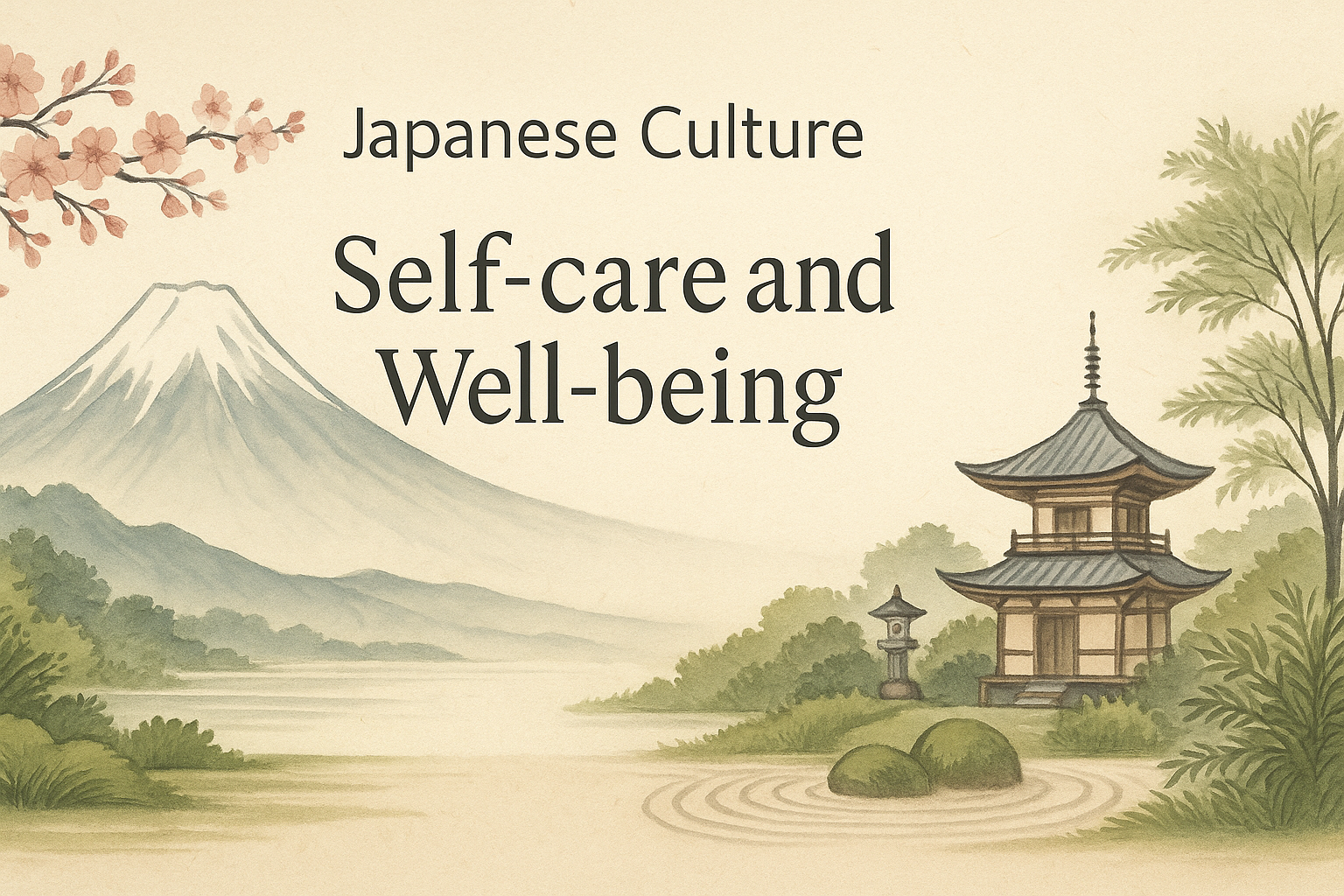“Yama-Meshi” is a mindful Japanese self-care ritual that brings the spirit of outdoor living into small urban homes. Discover how this relaxing practice helps balance body and mind while respecting neighbor harmony—a perfect way to enjoy Japanese lifestyle at home. (Related article in Japanese)
Cultural background
Japan is a country where nature and daily life are deeply intertwined. Despite being densely populated with many closely built homes and apartments, the Japanese maintain a strong connection to the outdoors. In urban areas, small balconies often serve as spaces for enjoying nature—even through simple activities like a compact barbecue using a shichirin (a small charcoal grill). These gatherings respect the neighborhood’s harmony and show the Japanese value of omoiyari—thoughtfulness toward others.
At its core, Yama-Meshi (“mountain meal”) is about bringing the spirit of the outdoors into the home. It’s not just about food, but about mindset: even if you can’t physically go hiking or camping, you can recreate that atmosphere and refresh your heart and mind.
Current situation: Why Yama-Meshi at home?
In modern Japanese urban life, physical space is often limited and social expectations can be exhausting. Women like R-san, the protagonist of this story, sometimes feel confined by judgments based on appearance or stereotypes at work.
For many, outdoor spaces provide freedom and release—but when work or weather prevents a getaway, “Yama-Meshi at home” offers an alternative. It’s a fun and meaningful way to claim time for yourself, balancing urban pressures with a sense of peace.
Tips for foreigners: How to create a Japanese-style “outdoor” moment at home
Understand Japanese apartment living and neighbor care
Japanese apartments are often compact with thin walls and shared spaces. When recreating an outdoor feeling indoors—or enjoying a balcony barbecue—locals take care not to disturb neighbors, minimizing smoke and noise. This reflects the cultural value of omoiyari (thoughtfulness toward others).
Choose multi-functional outdoor gear
Japanese outdoor equipment, such as mess tins and Sierra cups, is designed for efficiency, compactness, and beauty—perfect for small urban homes.
Embrace the spirit, not just the setting
“Yama-Meshi at home” is about evoking the feeling of being outdoors: relaxation, simplicity, and mindfulness. Even a warm drink enjoyed by lantern light can recreate this peaceful atmosphere.
A Story: How Yama-Meshi Helped Regain Inner Balance
R-san, a marketing planner in her late 20s working for an outdoor gear company in a regional Japanese city, felt exhausted by daily pressures—both from work and subtle judgments about her appearance and role. Comments like, “You’d look better working reception than outdoors,” left her questioning how others perceived her and whether they truly understood her abilities.
Her apartment, though compact, became her sanctuary. Beneath her table was an outdoor-style cushion mat; her kitchen shelves displayed neatly arranged mess tins, skillets, and Sierra cups; and a warm LED lantern glowed softly in place of a ceiling light, transforming the room into a cozy mountain hut.
After difficult days, she would prepare simple “Yama-Meshi” meals—steamed rice in a mess tin or soup in a Sierra cup—surrounded by items that reminded her of peaceful mountain moments. For her, this was not about escapism. It was an intentional act of self-care, a ritual to reconnect with her inner self and reset from the stresses of urban life.
Through this practice, she realized that even without going outdoors, she could recreate the atmosphere and feeling of freedom that the mountains gave her. This helped her to restore emotional balance, process her frustrations, and regain a sense of self-worth—on her own terms.
Practical tips for enjoying Yama-Meshi
Mess tin (Messtin)
Light, compact, and versatile—perfect for one-pot dishes at home.
Tip: Steam rice with a precise water ratio (1 rice : 1.1–1.2 water) and enjoy the mindful cooking process.
Small cast-iron skillet
A “pan you nurture over time,” ideal for slow and intentional cooking.
Tip: Season regularly to prevent rust and deepen flavor over time.
Warm LED lanterns
Dim lighting helps create a cozy, tent-like atmosphere at home.
Tip: Focus light on your hands or workspace to promote mindfulness.
Sierra cup and spice box
Classic outdoor cooking tools that make meal preparation feel special.
Tip: Arrange spices by frequency of use for stress-free, time-saving cooking.
Outdoor-style cushion mat
A simple way to transform your floor into a mindful, comfortable space.
Tip: Also ideal for yoga, reading, or other relaxing “me-time” moments.
Conclusion: Why this practice is valuable
“Yama-Meshi at home” is more than a meal—it’s a playful, restorative ritual that lets you bring a touch of nature into even the smallest space. By respecting your surroundings, caring for your neighbors, and embracing thoughtful self-care, you can cultivate an atmosphere of peace and joy—just like R-san.
As she says:
“Even if I can’t go to the mountains, I have my tools and fire.”


Comments